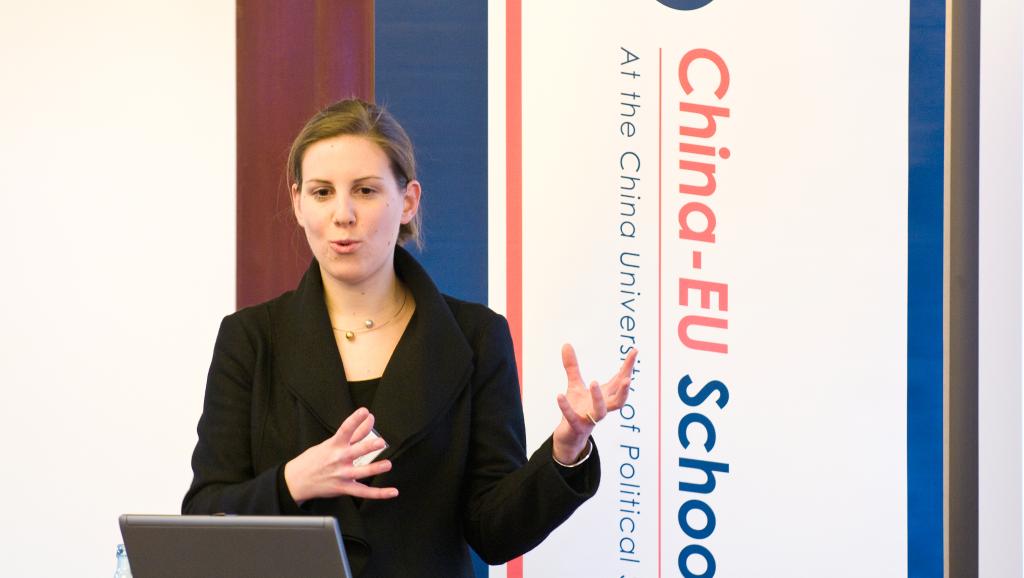Dr Sophia-Antonia Bir was the first European graduate from the “European and International Law“ master’s programme in 2010. After a PhD in law, she joined the international law firm Freshfields Bruckhaus Deringer in Düsseldorf in Germany. Since 2017, she has been managing director of the family-owned trade company Heller and runs the forestry business Gut Glindfeld.

What is the most valuable skill you aquired at the China-EU School of Law?
Studying in China most of all taught me to tackle things from different perspectives and thus to understand matters in their full context. This proves not only to be useful for my legal practice but also for my current management tasks. The China-EU School of Law is a great learning environment for this because it concentrates diverse legal systems in one place. This combination is a huge challenge, because as a student you are constantly forced to reflect upon your own notion of law and the notion of others. At the same time, you understand so much more than if you first had taken a look at the different European legal cultures in Europe and then, afterwards, at the Chinese legal culture.
What was your job as a lawyer about?
At Freshfields Bruckhaus Deringer, I focused on Corporate Law and Mergers & Aquisitions. We advised for instance the Swedish power company Vattenfell when it sold its lignite power plants and mining in the Lausitz region to the Czech company Energetický a Průmyslový Holding. This sale was said to be one of the biggest and most complex within the European energy market in recent years. This transaction also met considerable interest in China because political and jurisdictional aspects of the energy sector and of climate protection coincided in it. China keeps on fascinating me. I had compared Chinese and German law on insider trading already in my dissertation project in 2014. With the conclusion that both jurisdictions in general argued along the same lines of thought.
If you could give your younger self, who is just about to start at the China-EU School of Law a piece of advice, what would that be?
Luckily, I can say that I would do everything in the exact same way as I did it. Most of all, I appreciate the close contact I could establish to Chinese students, I lived at the dorms at first and found true friends. The other way round, they also got to know my German habits quite well – such as hugging as a way of greeting a friend. Moreover, I am happy that studying trained my Chinese language skills so well. After a year, I could have a chat and this opened up much more of my environment to me. So if someone asks me whether extensive travelling or traineeships are not the more fruitful alternative to studying, if you want to get to know China, I clearly recommend studying, but not only in close contact to Europeans. You should take the opportunity to spend your leisure time with your Chinese fellow students and to immerse as much as you can into Chinese life.
